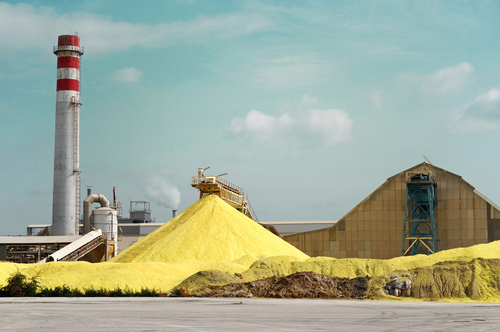As farmers head into the 2016 growing season, they’re taking a hard look at the cost of their management plans. Don Messick, vice president of program development and agriculture for The Sulphur Institute, recommends they strategize when cutting costs.
“Commodity prices always drive a farmer’s decision on what crop to grow,” Messick said. “But despite low crop prices, we want to make certain that we are applying the needed nutrients. It’s easy to drop back on costs such as for fertilizer, but let’s be cautious. We want to make sure we optimize the situation and be well reasoned with the program we use.”
Determining the appropriate program starts with choosing which inputs will best improve crops’ output. Nutrient levels in fields must maintain a productive rate and balance. Farmers tend to prioritize nitrogen, phosphorus and potassium, but Messick says there’s another nutrient to consider.

“We call sulphur the fourth major nutrient,” Messick said. “For many crops, this is where it ranks in terms of total requirement in a balanced fertilizer program. Sulphur boosts yield and quality, so without adequate amounts, both can suffer.”
Sulphur is necessary for plant growth and nutrition, so a deficiency will affect a farmer’s bottom line. Ultimately, 2016 management decisions should be based on how farmers can achieve the best yield and quality from their crops. Adding a sulphur fertilizer to their nutrient programs could pay off.
“Applying a sulphur fertilizer is not an expensive input, but the return can be substantial,” Messick said. “Farmers can get significant yield and quality increases by addressing deficiencies, which usually only requires 15 to 30 pounds per acre. A boost in yield of a bushel of soybeans or a couple of bushels of corn will return that investment.”
With more than 20 different commercially available sulphur-containing fertilizers, it may be a challenge for farmers to choose the best option. Farmers should speak with a local agronomist or extension agent to determine how to best identify and correct deficiencies in their fields.
Information from The Sulphur Institute